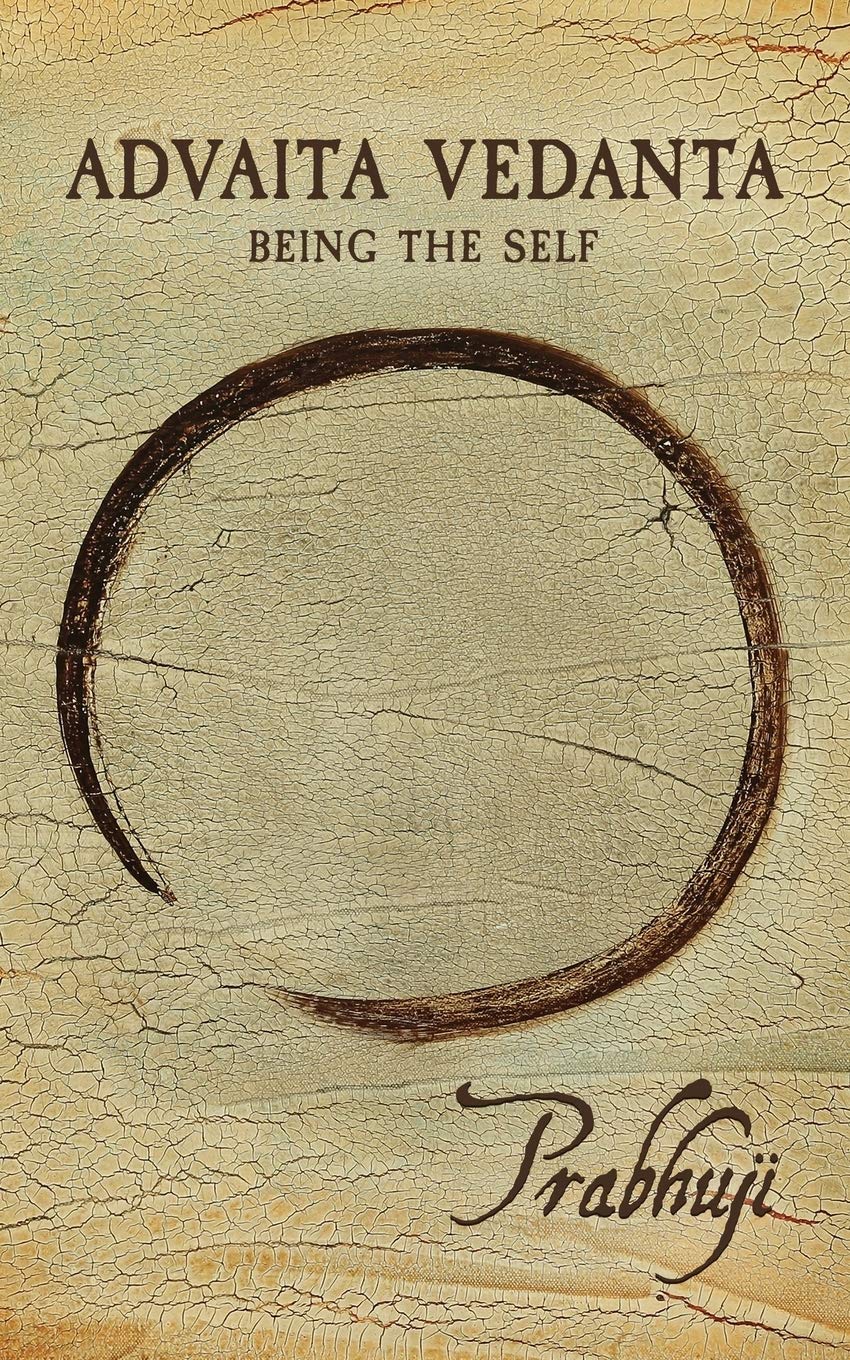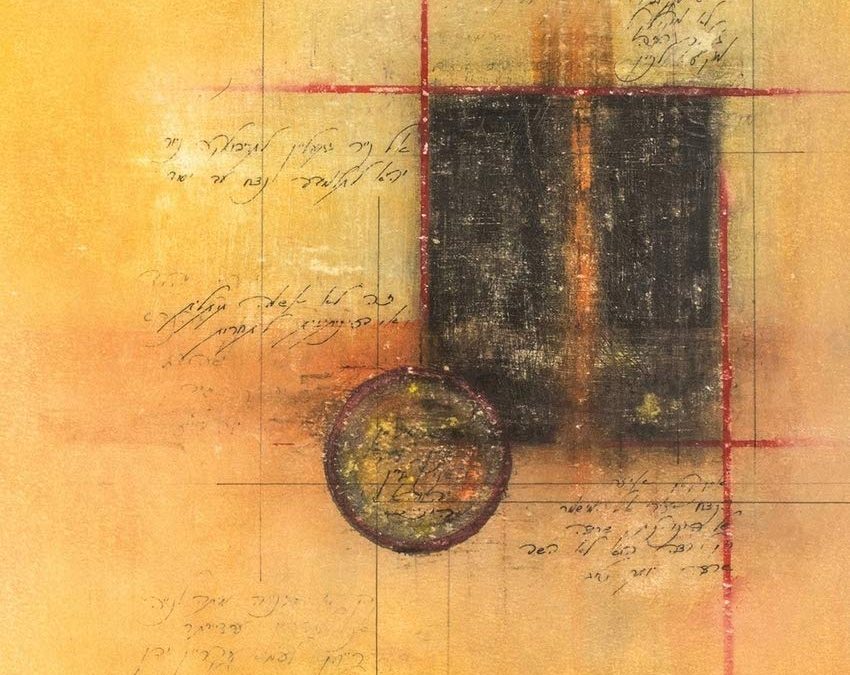Mukti or mokṣa are Sanskrit terms that mean “emancipation or ultimate liberation.” The word mukti comes from the root muc, which means “liberate, release, or emancipate.” When the suffix ktin is added, it forms mukti, or “liberation.” The prefix vi comes from the term viśeṣa-rūpeṇa, which means “with distinction, merit, excellence, or superiority”; thus, the terms vimukti and vimokṣa mean “final or ultimate liberation.”
Eschatologically, mukti and vimukti refer to liberation from the cycle of repeated births and deaths, or saṁsāra. Epistemologically and psychologically, they mean freedom, self-realization, or self-knowledge.
mukti-śrī-nagarasya durjayataraṁ dvāraṁ yad astyād imaṁ
tasya dve arare dhanaṁ ca yuvatī tābhyāṁ pinaddhaṁ dṛḍham
kāmākhyārgala dāruṇā balavatā dvāraṁ tad-etat-trayam
dhīro yas tu bhinatti sorhati sukhaṁ bhoktuṁ vimukti-śriyaḥ
However, there is another city: the sacred city of absolute freedom. There is a strong gate at the entrance to that city. Women and wealth are the two sides of the gate, while lust is like a powerful bar that locks it from the inside. But heroes make their way through this gate. Only they are ready to enjoy the bliss of final liberation.
(Sarva-vedānta-siddhānta-sāra-saṅgraha, 90)
Defined negatively, liberation is the burning of all our karma. Defined positively, it is union with Brahman. According to Advaita Vedanta, the path that leads us to realize the unity of Brahman and ātman is called jñāna-yoga.
Since incarnate beings are unaware of their authenticity, they are motivated by egoism and are thus dragged into the slavery of saṁsāra. Liberation from this slavery is reached through the direct knowledge of reality, or Brahman. We access this revelation through study and understanding of the sacred scriptures under the proper guidance of an enlightened spiritual master. When we are blessed with liberation, we recognize that we are in fact consciousness.
While it is true that the term liberation hints at a supernatural achievement, in fact it is our original state of complete harmony with the Absolute. Mukti or vimukti is union with immeasurable eternity, the very essence of what we are. In enlightenment, what is temporal, relative, and limited discovers its origin in the eternal, absolute, and unlimited. It is the revelation of our reality, which transcends nāma and rūpa, or “name and form.”
Just as we cannot lift ourselves up by pulling our belt, no active effort of a human being as an egoic phenomenon can lead to liberation. Clearly, no ego can go beyond itself.
Liberation is the immediate consequence of the realization of reality and not the effect of our actions, as mīmāṁsakas believe. Sādhana is meant to create the appropriate conditions, but enlightenment is not the result or byproduct of practice.
The path to liberation does not entail getting, reaching, acquiring, gaining, seizing, appropriating, or grabbing something we lack but going after a revelation. The spiritual process is not a series of systematic practices to satisfy needs. No spiritual effort should be carried out from a feeling of lack. Instead of acquiring what we do not have, we should try to discover what has always been. Mukti cannot be obtained because it is our authentic original nature, what we originally are. Mukti is simply being, without the intervention of the mind and its interpretations. The spiritual process is not about acquiring something but about getting rid of everything: our conclusions, concepts, ideas, prejudices, and in general, of our acquired conditioning. Enlightenment is not something we obtain but what remains after our ignorance vanishes.
The word “liberation” refers to the direct experience of our reality. But in fact, it does not involve freedom from anything tangible but from our acquired conditioning. It means ceasing to relate to life through a mental prism and stopping to project what is known upon reality.
Mukti is recognizing consciousness where every experience happens. It is an awakening to our reality as the origin of all that is. Consciousness is believed to be a personal and individual quality of the human being, separated from the universe. In this way, we create an illusory inner fracture called ego. Liberation is the recognition of consciousness as what we really are. When revelation happens, you realize yourself as the very essence of the phenomenal universe, as the unique nature that lies behind everything and everyone.
Fundamental conditioning consists in believing ourselves to be someone or something separate from the rest. Since we are integral parts of the Whole, this separation is illusory. Liberation is understanding that we are not disconnected from the universe. As long as I believe that I exist in time and space, I am limited by that idea and I lose my existence to become a simple mental creation. Freedom is transcending the idea that I am a person and accepting that I have no limits. Limits only exist as long as I consider myself someone, but nothing can limit nothingness.







